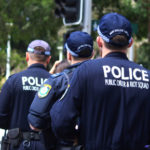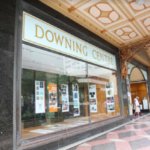The COVID-19 Response Is Undermining the Rule of Law
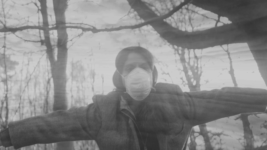
Australia’s liberal democracy rests upon the doctrine of the separation of powers, which upholds the rule of law. It ensures that the three arms of government – the legislative, the executive and the judicial – remain separate entities.
The legislature, or parliament, makes the laws. The executive, which is the government of the day, puts the laws into action. While the judiciary – the courts – work to interpret the laws. And this interdependent independence ensures that complete authority doesn’t rest in a single branch.
However, PM Scott Morrison has seen fit to close down federal parliament during the COVID-19 pandemic. And while he has scheduled a special day of sitting to pass a third support package on 8 April, recently issued extreme rules the executive has been imposing have simply gone unchecked.
The most recent of the draconian regulations designed to reduce the spread of the virus were issued by the prime minister on 29 March. They stipulate that more than two people cannot assemble outdoors, and individuals need a reasonable excuse to be outside.
Meanwhile, the third arm of government, the judiciary, is slowly grinding to a halt. The High Court of Australia has closed proceedings for the next three months. The Federal Court is operating at reduced capacity, and this is being mirrored by state court systems across the country.
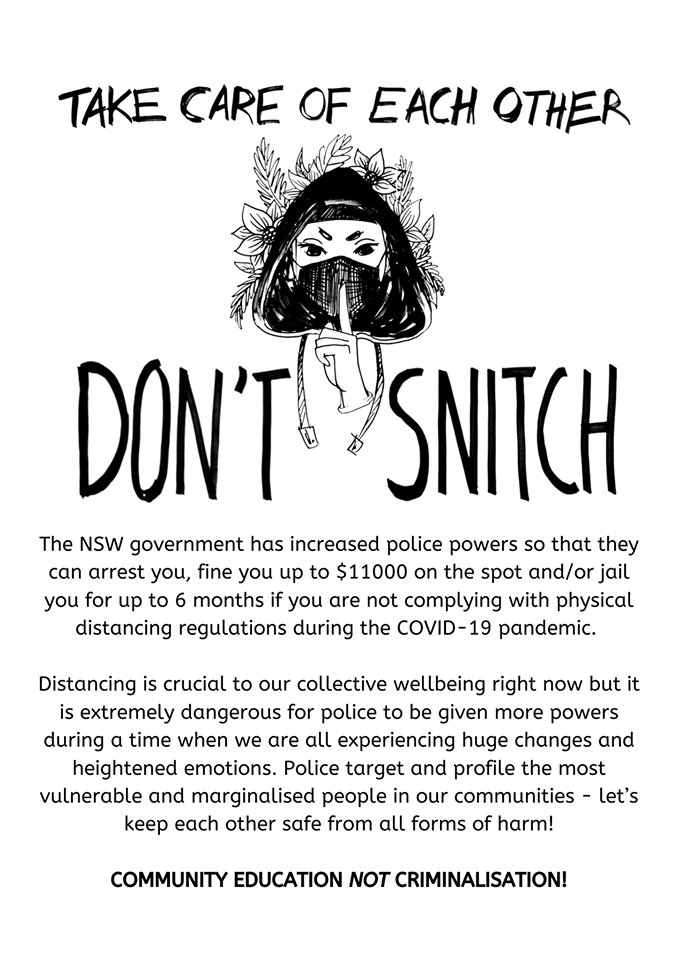
NSW: The Police State
Not wanting to be left behind by Australian supreme leader Scott Morrison, NSW premier Gladys Berejiklian shut down her state parliament on 24 March. And since then, she’s handed over control of the state COVID-19 response to NSW police commissioner Mick Fuller.
So, it’s been ensured that this health crisis will receive a heavy-handed law enforcement response. And be warned, the other health issue that’s been treated in a similar manner is illicit substances with the war on drugs, which has resulted in a proliferation of the results it was supposed to eradicate.
At 10.20 pm on 30 March, NSW health minister Brad Hazzard imposed the Public Health (COVID-19 Restrictions on Gathering and Movement) Order 2020. It entails two serious restrictions on the way locals can continue to lead their lives up until the 29 June, when the “laws” expire.
The first prohibition is people can’t leave their home without a reasonable excuse, and 16 reasons have been provided as to why a person can go outside. The second restriction is that the right to assemble with more than one other person outdoors has been abolished.
The public health order is issued in line with the provisions of section 7 of the Public Health Act 2010 (NSW), with section 10 of the Act providing that an individual who breaches a public health order can be imprisoned for up to 6 months and/or fined $11,000.
Aside from these court enforced penalties, NSW police was provided with the power to issue infringement notices in relation to COVID-19 powers. Individuals can be hit up for $1,000 for breaking the rules, while a business can be issued with a $5,000 fine.
The day following the late night imposition of the order – when many citizens had no idea that it had even been issued – NSW police riot squad officers were out enforcing the new laws, with backup from Australian Defence Force personnel.
The new COVID order
Australian governor general David Hurley declared the COVID-19 pandemic a human biosecurity emergency within an 18 March human biosecurity control order that’s in force for the next three months.
Issuing this order brings into play the broad powers contained within the Biosecurity Act 2015 (Cth). The way the provisions of this legislation function in relation to the COVID-19 crisis are similar to the way the NSW legislation operates. However, the federal penalties are much steeper.
Failure to comply with a human biosecurity control order can see a person imprisoned for up to 5 years and/or fined $63,000.
While on 22 March, the Australian Health Protection Principal Committee issued its advice on the COVID-19 outbreak, with a recommendation for stronger enforcement of quarantine and isolation measures, including the use of mobile phone tracking.
And Morrison ordered the military to step in on 27 March, so as to backup state and territory law enforcement with the policing of the COVID-19 regulations. To do so, he invoked laws passed in late 2018 that lowered the threshold of when the ADF can be called in to assist with domestic matters.
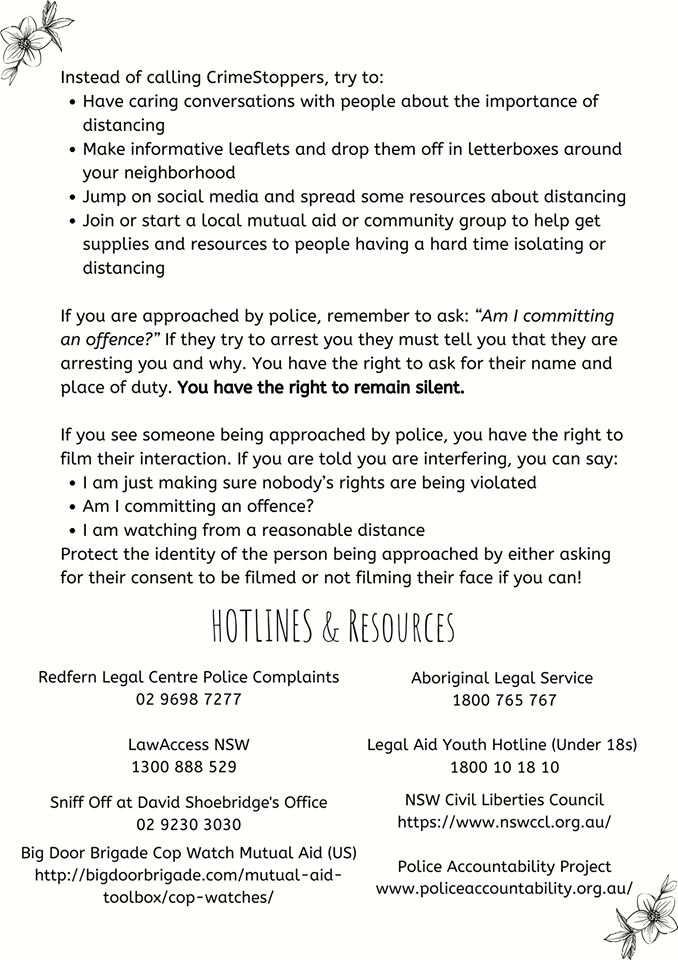
First they came for…
Australians are concerned about the COVID-19 crisis and what will occur as it further unfolds. This was evidenced in the widespread panic buying that took place a month ago. However, the closing down of federal parliament is a measure that seems extreme, especially as schools remain open.
And while no one is denying that social distancing and isolation measures are required. Passing new laws in the middle of the night and then sending in the troops to punish people for noncompliance is a move that might have been more expected in 1930s Germany.
There have been no widespread information campaigns about the mounting regulations that are being imposed at both the state and federal levels. And while three month expiry clauses are contained within both the state and federal orders, this hasn’t been properly spelt out to the public.
So, it’s hardly surprising that commentators are beginning to question what’s going on in regard to the lack of oversight as the federal executive continues to issue mounting regulations without input from the opposition or any other members of parliament.
Indeed, following the PM announcing the two-person rule on a Sunday evening, the NSW police commissioner appeared at a press conference the next morning, referring to the new “law”, which no parliament had passed, as he was about to have his officers start enforcing it from midnight.
And the obvious questions that arise are how far is this all going to go, how will these strict rules impact society going forward, will all the COVID-19 measures actually be wound back, and did we all simply stand by as it happened?





